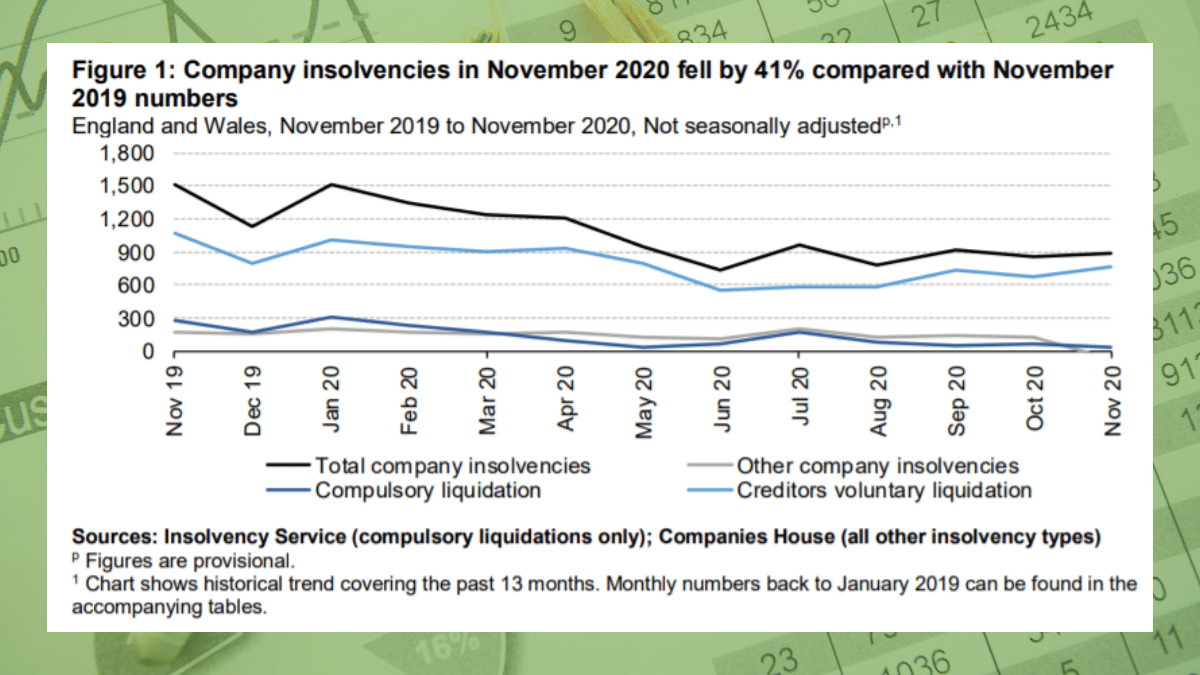The Definitive Guide to Insolvency Practitioner
The Definitive Guide to Insolvency Practitioner
Blog Article
What Does Insolvency Practitioner Do?
Table of ContentsThe Single Strategy To Use For Insolvency PractitionerEverything about Insolvency PractitionerThe Basic Principles Of Insolvency Practitioner Some Ideas on Insolvency Practitioner You Need To KnowSome Known Facts About Insolvency Practitioner.3 Easy Facts About Insolvency Practitioner Explained7 Easy Facts About Insolvency Practitioner Explained
Insolvency is when obligations are more than the worth of the company, or when a borrower can not pay the financial obligations they owe. A business can end up being insolvent due to a number of situations that lead to bad cash flow. When faced with bankruptcy, an organization or person can get in touch with creditors directly and restructure financial debts to pay them off.Bankruptcy can bring about insolvency process, in which lawful activity will be taken against the financially troubled person or entity, and possessions may be sold off to repay arrearages. Company owner might contact financial institutions directly and restructure financial debts right into even more convenient installations. Creditors are commonly amenable to this approach due to the fact that they desire to be paid off and avoid losses, even if the settlement is on a delayed routine.
The 30-Second Trick For Insolvency Practitioner
The owner creates a proposition outlining just how the debt might be restructured using price reductions or various other prepare for support. The proposal shows lenders how business may create adequate capital for rewarding procedures while paying its debts. Normally, a forgiven financial debt may be thought about income by the Internal Earnings Service (INTERNAL REVENUE SERVICE).

The Ultimate Guide To Insolvency Practitioner
When operations stop, so does the business's revenue (Insolvency Practitioner). Some firms end up being financially troubled because their products or solutions do not progress to fit customers' changing demands.
Expenditures go beyond incomes and expenses continue to be unsettled. Kinds of insolvency consist of cash-flow bankruptcy and balance-sheet insolvency. Cash-flow bankruptcy takes place when a company has the possessions to cover their financial debts however they remain in the wrong kind, such as property rather than fluid funds. Balance-sheet insolvency, on the various other hand, shows a lack of possessions in any type of form to cover financial obligations.
The IRS states that a person is bankrupt when the total liabilities exceed overall assets. A bankruptcy, on the various other hand, is an actual court order that depicts how an insolvent person or service will pay off their financial institutions, or exactly how they will market their assets in order to make the repayments.
Not known Details About Insolvency Practitioner

Recognizing the variables that can lead to insolvency, such as overspending, can assist you stop bankruptcy and its effects.
Insolvency Practitioner Fundamentals Explained
It is popular that supervisors and policemans of firms (and supervisors of minimal responsibility companies) owe fiduciary obligations to their companies and their shareholders (or members). These fiduciary commitments are defined by state laws and, though there are variations from state to state, they generally include an obligation of loyalty and a responsibility of treatment.
The obligation of treatment needs directors and officers to work out diligence, to make educated choices, and to act in excellent faith to ensure that their activities remain in the most effective rate of interest of the business. Though past the extent of this discussion, some states allow these tasks to be restricted either by so keeping in mind in the organizational papers or following other needs.
The 6-Second Trick For Insolvency Practitioner
Most states specify bankruptcy in 2 methods( 1) when a view publisher site firm's responsibilities become above the sum of its possessions or (2) when the learn the facts here now company ends up being incapable to pay its debts as they come to be dueand welcome both interpretations (Insolvency Practitioner). The shift in responsibilities occurs due to the fact that when a firm is financially troubled, there is no value in the firm beyond that owed to the company's financial institutions to ensure that the equity owners no much longer have a financial risk in the company
Beware about providing shareholders favoritism at the expense of lenders (e.g., accrediting and moneying a dividend or a stock redemption). Take care about favoritism between classes of shareholders. Make sensible efforts to discover all the truths before taking a certain training course of action; directors need to truly believe that any choices made are in the finest rate of interests of the corporation in its totality (i.e., choices will certainly be assessed in hindsight due to the impact of such activities on the corporation).
In any type of bankruptcy or bankruptcy proceeding, repayments made to specific financial institutions at the expense of other creditors can be clawed back, especially if there is some link in between the company and the creditor. Consider proposing at an annual shareholder conference (or any type of other meeting of shareholders) a resolution affirming that all prior organization choices and actions taken by the supervisors and police officers of the company were absorbed great confidence after an exercise of published here sensible treatment.
Insolvency Practitioner Things To Know Before You Get This
Fully divulge any kind of personal or company partnerships with parties beyond of transactions including the firm to avoid the look of a problem of rate of interest. In examining possible fund increasing transactions or a sale of properties of the struggling company, understand that these deals may be looked at later due to any kind of subsequent development of directors' fiduciary responsibilities to include lenders.
Report this page